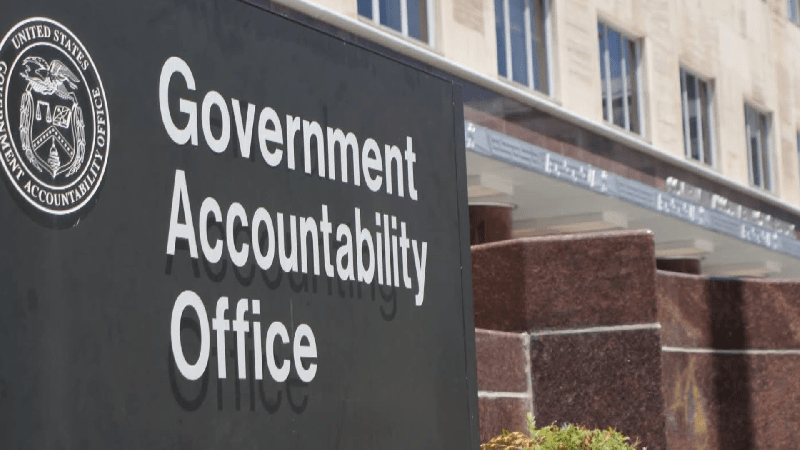
The Government Accountability Office (GAO) is looking for a 15 percent year-over-year budget increase for fiscal year (FY) 2026 and plans to use the higher funding to restore depleted agency staffing levels and to pursue several major lines of work including in the areas of science and technology, fraud prevention, and cybersecurity.
GAO – which is an independent legislative branch agency that works for Congress and functions as the auditing watchdog for the entire Federal government – is seeking $933 million in funding for FY2026.
That figure comes in at 15 percent above the FY2025 full-year continuing resolution funding level. It would use $72 million of offsetting receipts, reimbursements, and collections, according to testimony today by Gene Dodaro, who is comptroller general of the United States and head of GAO.
He told the House Appropriations Committee’s Subcommittee on the Legislative Branch that the bigger budget will help GAO recover from a projected 3.5 percent staffing decline at the agency stemming from stagnant funding levels in FY2025.
“The reduction in staffing is impacting operations across the agency,” Dodaro said in his prepared testimony delivered today, adding, “As a knowledge-based, professional services organization, our people are our greatest assets.”
The requested FY2026 funding increase will also help GAO “address internal operational needs” including “IT modernization, cloud data management and storage, and enhancing cyber security controls,” Dodaro testified.
Regarding safeguarding GAO’s own networks, Dodaro told committee members today that the agency has seen a 30 percent hike in “hits on our website by threat actors and others” this year compared to last year.
“A lot of the attention recently about efficiency in the government … has raised our profile,” Dodaro said. “We’re anticipating and seeing more hits on our website,” he said, adding, “We’re also asking for resources to help us strengthen our computer security defenses.”
The GAO chief laid out five hot-button issues that the agency will focus on in FY2026, calling them among “the most important national and international issues facing our nation.”
Those areas include national security, science and technology, fraud prevention, cybersecurity, and healthcare costs.
“Demand for our science and technology work continues to grow” from congressional committees, Dodaro testified. He said GAO’s FY2025 work in that area included more than 100 reports on a range of issues including “the use of artificial intelligence in defense and civilian applications, quantum computing, regenerative medicine, and medical research, along with critical mineral recovery and technology transfer.”
On the cybersecurity front, he said that “escalating threats, including new and more destructive attacks from around the globe, highlight the critical and persistent need for effective cybersecurity.”
“Our work will continue to assess multiple priorities, such as the development and execution of a comprehensive national cybersecurity strategy, the security of the 16 critical infrastructure sections identified by the Cybersecurity and Infrastructure Security Agency, and the security of Federal information systems,” Dodaro testified.
And on the fraud prevention front, the GAO chief pointed to the agency’s extensive work on quantifying fraud in COVID-19 pandemic relief programs and said that “much more needs to be done to safeguard federal spending.”
In a report accompanying Dodaro’s testimony, GAO pointed to the savings that the agency generates through its work. The agency said its work yielded $67.5 billion in “financial benefits” to the government in FY2024, and that “our average return on investment for the past 6 years is $123 for every dollar invested in GAO.”
